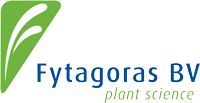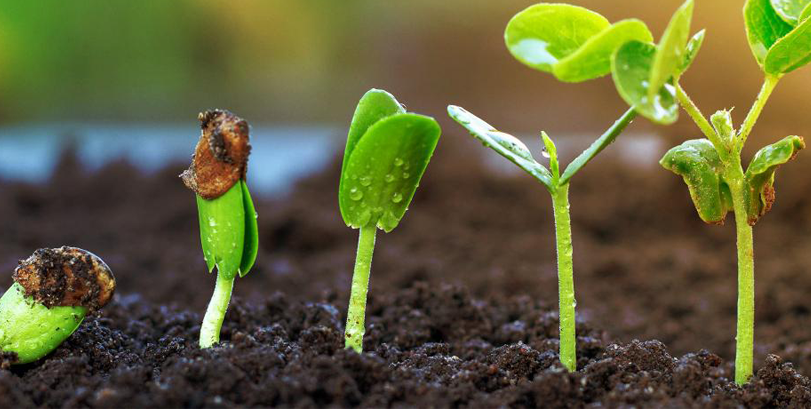Fytagoras – Oxygen Transport in Germinating Seeds #SWI2013
Seed germination in most seeds depends on the availability of oxygen. Living seeds start respiration upon imbibitions and respiration accelerates at the moment the germination really commences. The availability of oxygen to the embryo in the seed depends on the oxygen concentration around the seed, the respiration rate of the cells (in the embryo), and oxygen transport through the seed towards the cells of the embryo. Especially the transport through the seed is still a black box.
Single seed oxygen consumption can be measured e.g. with a Q2 machine, at a detailed time resolution. The measured curves can be used in seed quality evaluation. However, the interpretation of the data in terms of physical, morphological, and physiological properties of and processes within the seed is still hard, due to a lack of knowledge of basic aspects of gas exchange in seeds and its role in the germination process. It also greatly hampers advances in seed treatment possibilities, such as respiration controlled seed priming, advanced seed coating, and pellets, as well as improvements in seed storage and seed longevity.
Problem description:
The problem consists of the development of a mathematical model for the oxygen transport and consumption within the seed that fits to the current biological knowledge on these processes and the highly detailed time-resolved oxygen consumption measurements for single seeds of which various samples will be made available to the study group team. The model should allow starting to interpret the observed data and characteristics in terms of the functioning of internal oxygen transport processes and overall seed properties or to provide hypotheses on these that may be validated in future research.
About Fytagoras:
Fytagoras is a dynamic innovative company oriented on science with much expertise in the fields of sensor technology, seed technology, and plant breeding. It works for the Agro and Food industry, the Technical industry, and the Fytopharma market.
The company started in 2007 as a spin-off from the TNO department ‘Applied Plant Sciences’ (Dutch: Toegepaste Plant Wetenschappen) in Leiden and is housed in Leiden University Institute of Biology. Since 2012 it is part of FFEW (Food, Flowers, Energy, and Water). The latter strives towards the durable use of resources. Within FFEW various entrepreneurs with complementary expertise collaborate to translate new scientific insights into practical solutions. Thus it contributes to the development of durable production techniques, instruments, and products that advance food, health, and environmental technologies.


